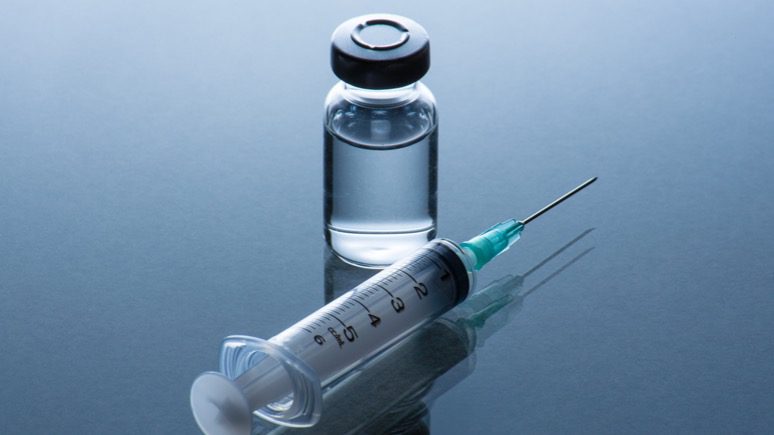There is no specific treatment for rabies in humans. A small number of people have survived rabies infection, but the disease is most often fatal. For this reason, when people suspect they have been exposed to the rabies virus, a series of injections is given to prevent the infection from developing.
Rabies in humans treatment
When a person has been bitten by an animal with rabies, a series of injections is given to prevent the infection. Sometimes, it is impossible to find an animal. If this is the case, it is usually best to assume the animal had rabies. However, it depends on several factors, including the type of animal and the situation in which the bite took place. Shots for treatments of rabies in humans include:
- A fast-acting injection (involves rabies immune globulin) to prevent the rabies virus from causing the infection. This shot is given if the person doesn’t have a rabies vaccine. If possible, the injection is given near the bite site and right after the bite.
- A series of four (if the person hasn’t received the rabies vaccine before) or two (if the person has had the rabies vaccine) injections of the rabies vaccine are given over two weeks. It helps the human body to recognize and fight the virus. Injections of the rabies vaccine are administered into the arm.
How to determine if the animal that bit you has rabies
Sometimes, it is possible to determine if the animal that bit a person was rabid before starting a series of injections as the treatment for rabies in humans. If the animal doesn’t have rabies, the bitten person will not need the injections. Methods for testing an animal for rabies depend on the situation and include:
- Farm animals and pets: Dogs, cats, and ferrets that bite a person can be watched for ten days to determine if they show any symptoms of rabies. If the animal has no concerning signs at the end of this period, it does not have rabies, and the bitten person doesn’t need shots. Other farm animals and pets are considered on an individual basis. An affected individual should talk to the public health department and physician to determine if the shots are needed.
- Caught wild animals: Animals that are found and captured can be killed and then tested for rabies. Testing the animal’s brain may show the rabies virus. If rabies is not present, rabies shots aren’t necessary.
- Animals that can’t be found: If you cannot find an animal that bit you, talk about the situation with the physician and the local health department. It may be best to proceed with the rabies shots and assume the animal was infected with rabies in many cases. In other instances, rabies shots may not be necessary if the animal is unlikely to carry the virus.
Preventive measures
To reduce your risk of having contact with an animal that is infected with rabies or carrying the rabies virus:
- Vaccinate your pets: Dog, ferrets, and cats can be immunized against rabies. Talk to your veterinarian about how often vaccination is needed for your pets to keep them and you safe from rabies.
- Keep your pets safe: Keep your pets indoors. When they are outside, supervise them. This measure helps protect them from other animals (wild animals and other not vaccinated pets).
- Keep small pets safe from predators: If you have small pets, like guinea pigs or rabbits, that can’t be immunized against rabies, keep them in cages or inside to protect them from wild animals.
- Report stray animals: Report homeless animals to local law enforcement officials or animal control officers.
- Don’t approach wild animals: Animals with rabies are often confused and behave abnormally. It includes being unafraid of people. Steer clear of any wild animal, especially one who doesn’t seem afraid or act peculiarly.
- Keep bats away: Inspect your home for any gaps or crack where bats can slip in and seal these places. If you have bats in your house, contact an exterminator to help you get rid of them.
If you plan to travel to Southeast Asia or Africa, ask your doctor if you should get the vaccination for rabies. Rabies in people is 100% preventable through immediate and appropriate medical care. However, more than 55,000 individuals, for the most part in Africa and Asia, die from rabies consistently – a rate of one individual at regular intervals. The essential worldwide source of rabies in people is uncontrolled rabies in canines.
Children are often at the most significant risk of getting rabies. The reason is that they approach animals more readily and tend not to tell about scratches or bites. In addition, children are more likely to experience facial bites. It can carry a higher risk of infection and be quite severe for those who have been bitten. Serious exposures make it harder to prevent rabies unless access to medical care of high quality is immediately provided.
















Leave a Reply
You must be logged in to post a comment.